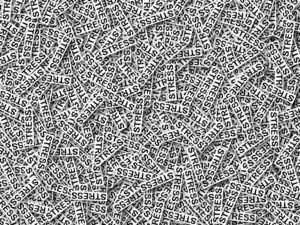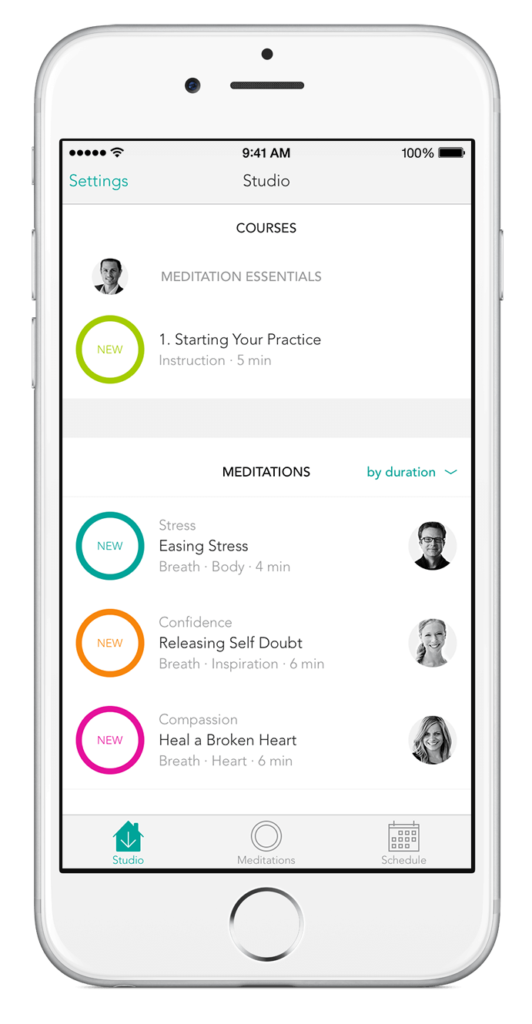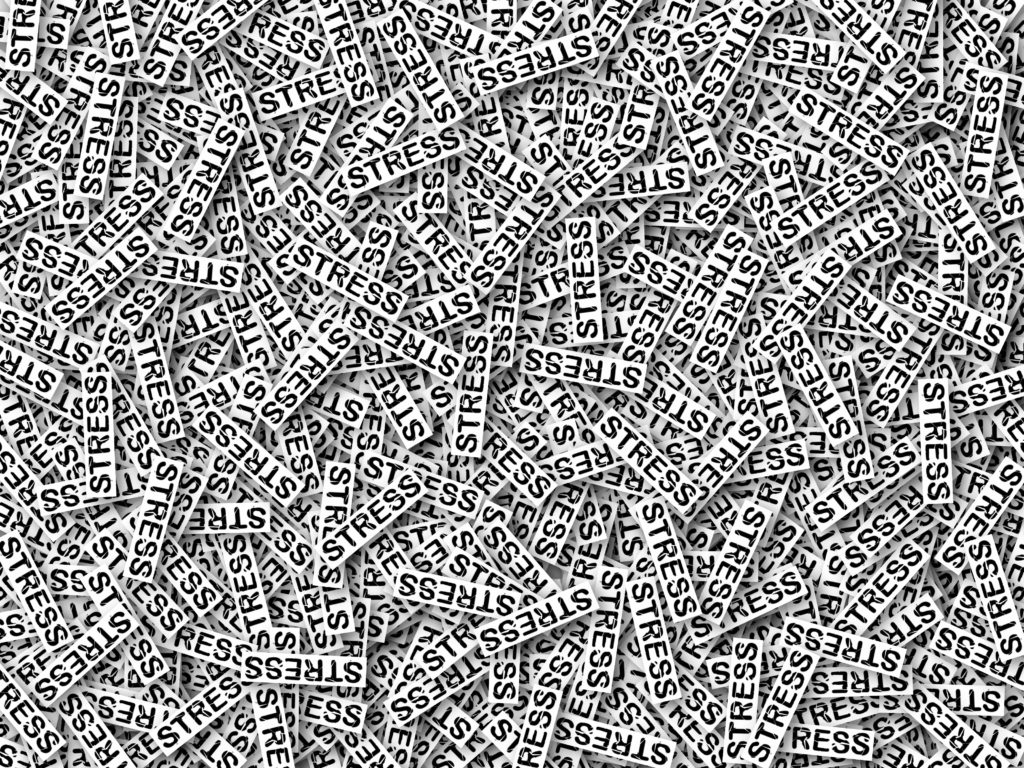The Importance of Therapy in the Treatment of Depression and Anxiety
Posted on: February 10, 2017, by : Amy Morrison

Learning how to cope with stress is a very important part of your recovery from depression and anxiety. In fact, people who do not suffer from depression and anxiety will have better physical health if they cope with stress well. Stress is known to play a role in worsening your health. Therapy teaches you skills that allow you to more effectively cope with stress.
When you feel stressed the cells in your body are breaking down more easily. Your immune system is responsible for cleaning up the toxins that are released when cells die. Normally your immune system can keep up with cleaning out these toxins. However, when stress causes more cells to break down than usual your immune system becomes overloaded. As a result, your body’s tissues become inflamed as toxins float around in your blood stream and body tissues.
Stress and Your Genetics
As inflammation increases in your body you become less healthy. This could mean that you get the bug that is spreading through the community. It also could mean that your body is more likely to start to break down in your genetic problem areas. If high blood pressure runs in the family then you might start to see your blood pressure rising. Perhaps your family tree is dominated by diabetes . In that case, your insulin might become less effective and your blood sugar would start to rise. What if members in your family are known to struggle with depression and anxiety? If so, you may find yourself depressed and anxious when you are overwhelmed by stress. Regardless of your genetics, it is important for your health to learn to cope with stress. The good news is that you have many options when it comes to therapy.
Why is Good Emotional Health Important?
In order to live a happy life, you want to become as emotionally healthy as possible. People who are emotionally healthy do not react as much to the stress and chaos that is part of our everyday life. They are equipped to tolerate negative and distressing emotions. Emotionally healthy people recognize the importance of negative emotions and how they are vital in allowing you to fully appreciate positive emotions. They understand that they must be able to sit through bad emotions like misery and sadness in order to be able to fully connect to true happiness .
How Does Therapy Help?
Most people need the help of an expert in order to improve their emotional health. Therapy gives you the tools you need to cope with stress. It also helps you identify if your reactions to stress and conflict are helpful or hurtful to your emotional health. A good therapist will use many different modalities to help you learn about yourself and how you react to the world around.
Cognitive Behavioral Therapy
You may also want to consider cognitive behavioral therapy (CBT), which helps you recognize unhealthy thought patterns. When you struggle with depression and anxiety you often times do not recognize how distorted your thoughts have become. Unhealthy patterns like catastrophizing, self shaming, and predicting the worst outcome can become a bad habit. Recognizing and fixing these distorted thoughts will help you more effectively cope with stress and conflicts. Identifying your triggers and problem areas will be helpful as well.
Dialectical Behavioral Therapy
Dialectical behavioral therapy (DBT) teaches you how to cope with uncomfortable emotions. You learn how to identify stressful triggers and you learn to label your emotions. You also learn about the importance of mindfulness and how to tolerate negative emotions without becoming distressed.
A Tailor Made Treatment Plan
For these reasons and many others, I highly recommend that my patients invest an hour a week in therapy with a counselor and spend at least 10-15 minutes each day devoted to improving their emotional health. I like to take the time to discuss the different therapy options. Together we create a treatment plan that fits both their medical needs and their lifestyle.
A Combination of Treatment Modalities That Stimulate the Brain in Different Ways
It is my opinion that a combination of different types of therapy is most helpful. The variety allows patients to stay engaged, but also stimulates different parts of the brain. Furthermore, exploring different types of therapy allows patients to better determine their learning style.
Individual Therapy
Working with a counselor one on one will help you identify areas of your life where you need help and guidance. A good therapist helps you decrease negative feelings by teaching you how to cope. However a good therapist will also push you out of your comfort zone so that you can heal from some of the traumas of your past. They should also assign work for you to do on your own.
Group Therapy
Group therapy can be very helpful. You will learn coping skills and also find social support and acceptance from other people who are also struggling. Groups can be geared towards DBT, addictions, social skills, parenting skills, grief, recovering from trauma, etc. To find a group that can fit your needs I recommend searching Psychology Today.
Daily self help workbooks:
[amazon_link asins=’1572245131,1609184718,1572249544′ template=’ProductCarousel-WithoutHeader’ store=’amazon0dd30-20′ marketplace=’US’ link_id=’1dadced8-8cf7-11e7-87e2-8b2d57cccbf6′]
Mindfulness Meditation: Meditation Studio

- Over 250 guided meditations
- Over 30 leading meditation experts
- Get unlimited access for a one-time fee
- Stay on track with session scheduling
- Get stress relief, sleep better, boost confidence & more with curated collections
- Learn the basics, find happiness & break habits with step-by-step courses
Click on the icon to download Apple IOS app: ![]() Click on the icon to download Android app:
Click on the icon to download Android app:![]()
I hope you are able to find a path to good emotional health and remember this journey is not one you have to take alone. Utilize the trained professionals that can help you navigate the confusing mental health system. Take pride in making your emotional health a priority by seeking guidance from an expert. But please do not forget that stress does lead to medical illnesses and you may need to see a psychiatrist or psychiatric PA. Read my article titled: I See a Psychiatrist, Why do I Need a Therapist? to find out more.
